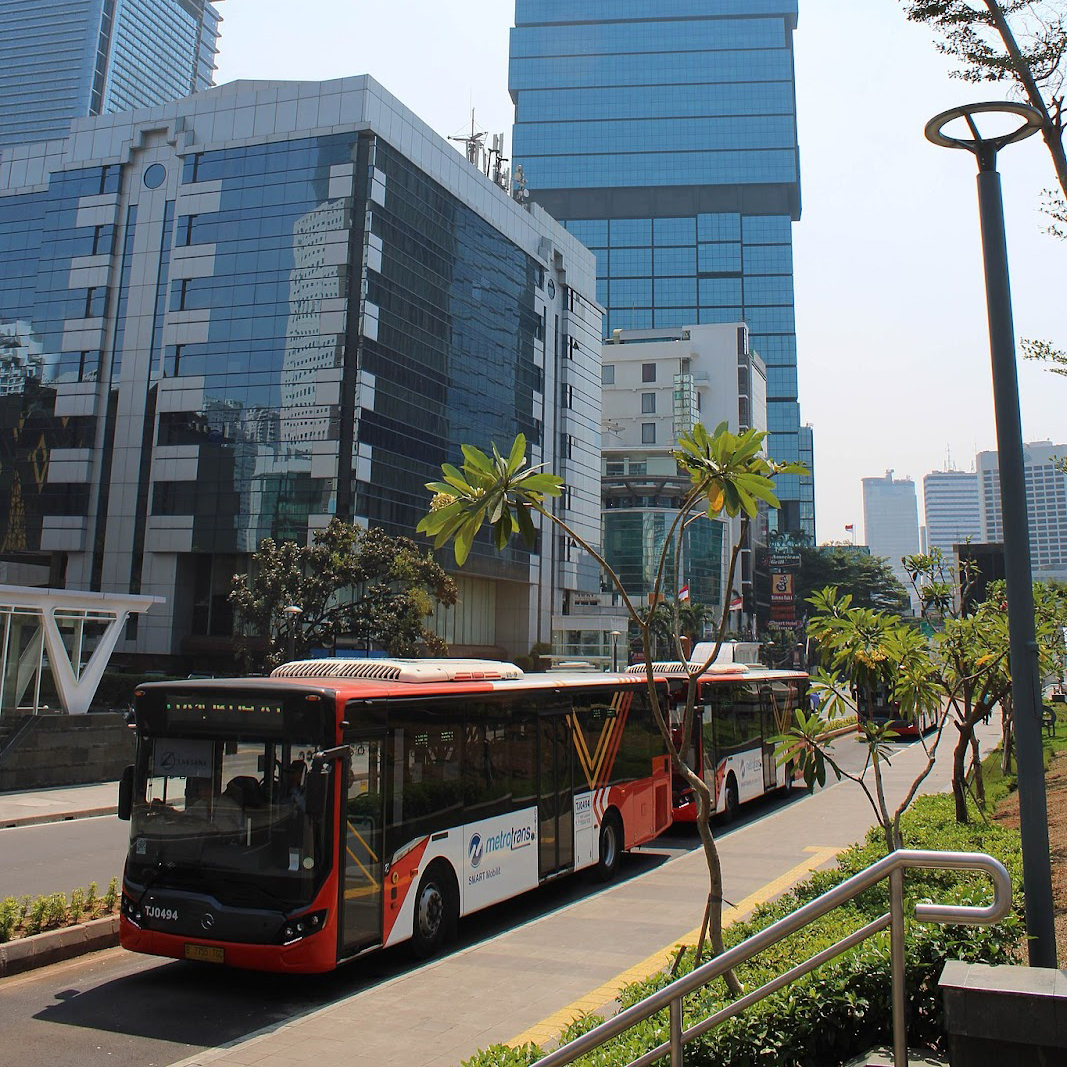

Cities, as the focus of regional economy, politics, culture, and transportation. The city forms an attraction to the surrounding areas due to the numerous employment opportunities, the perfect infrastructure, and the good educational environment. These comparative advantages have prompted the flow of urbanization from rural to urban areas. Thus, the local government needs to address this phenomenon by providing adequate public transportation and its facilities. One of the most important issues of public transport nowadays is how to make it inclusive and accessible for people with all levels of abilities.
Accessibility and inclusivity are important to be tackled in the fields of mobility nowadays. Transportation is a crucial factor in social inclusion, a broad term that describes the ability and opportunity for people and groups to take part in society. Inclusivity in general means that non one of the public society will leave behind in every part of a city's development.
The shorter commuting times are a reliable indicator of an individual’s ability to manage its productivity. This will be intercorrelated with the time used for everyone in daily routines. Social inclusivity was simulated using indicators ranging from a mobility systems’ availability to its affordability, and from its performance and reliability to its safety and health metrics, including CO2 emissions reduction.
Indonesia ranked as the 4th most populous country in the world with national annual estimate data by Badan Pusat Statistik (BPS) per 2021 with 3.42% percentage of world’s population. The Indonesia population was dominated by Jakarta’s population that showed a 1.47% population growth rate in 2022 according to the United Nations World Population Prospects. Jakarta is expecting to invite citizens to shift to public transportation while at the same time improving its air quality.
Jakarta’s daily ridership has tripled from 350.000 passengers per day in 2016 to 1.000.000 passengers per day as of 2019 which predicted will be arousing along the time as the government is optimistic to increase the economic growth to reach 5,8% in 2022. As Jakarta’s economic growth is predicted to increase, this will also impact Jakarta’s mobilization and productivity rate in the future.
Furthermore, Jakarta’s traffic congestion also decreased as it promptly climbed up the global traffic index from the 3rd place in 2017 to 46th place by 2021. It is necessary for a country through city’s innovation to provide a roadmap to robust mobility improvements that could lead directly to social inclusion and to test out the imperatives on a set of real cities. In addition, within the greater public facilities and infrastructure, this is also one of the essential indicators that would attract many of foreign investors.
Alongside Jakarta's Urban Regeneration, the government has an ambitious plan to transform the city from Transit Car Development to Transit Oriented Development. Therefore, Jakarta Capital City is working along with the Regional-owned Enterprises to accelerate the development of TOD in several strategic areas of Jakarta in order to generate the city’s productivity and economic growth.
For further information please kindly contact us at jic.dpmptsp@jakarta.go.id